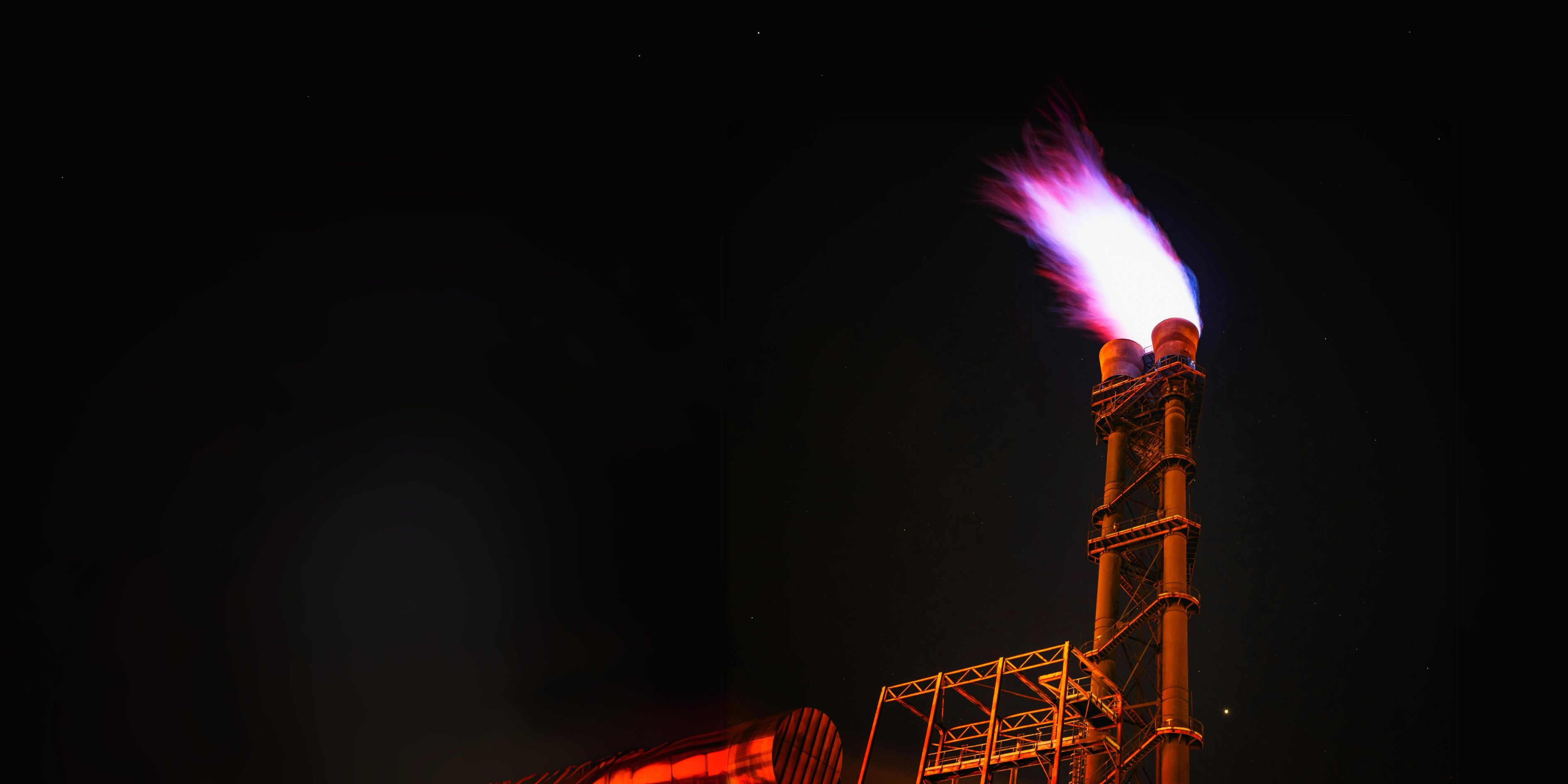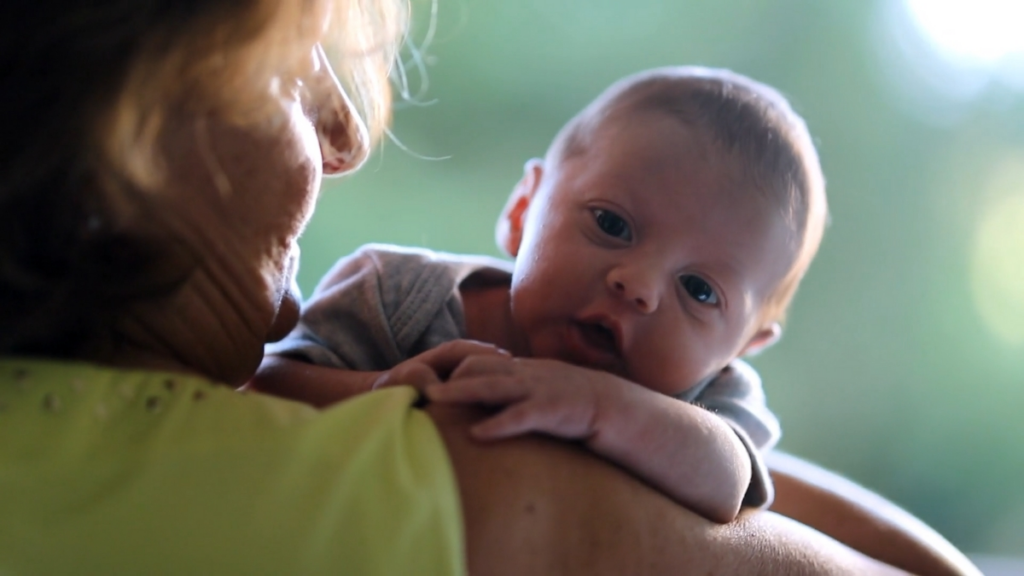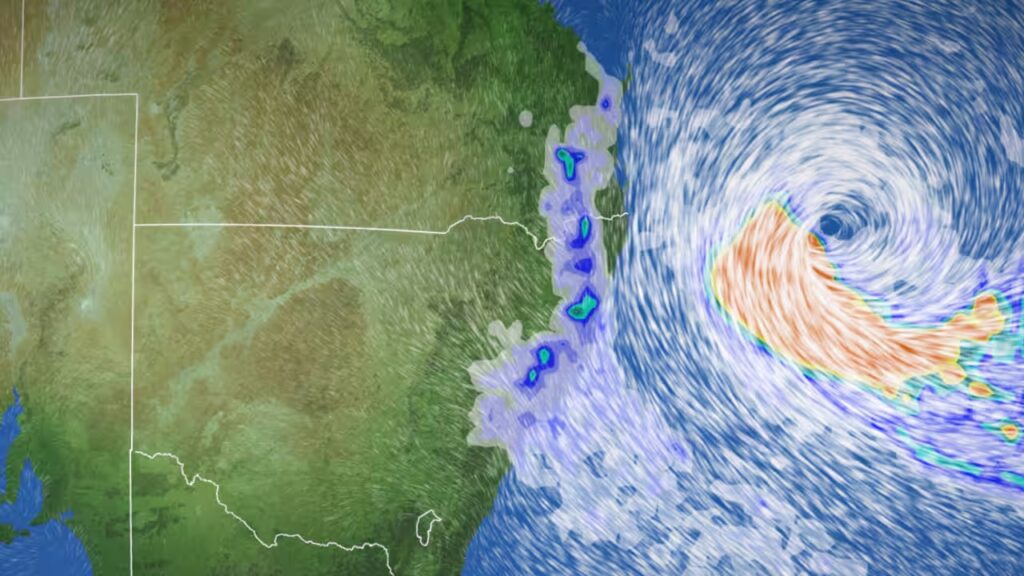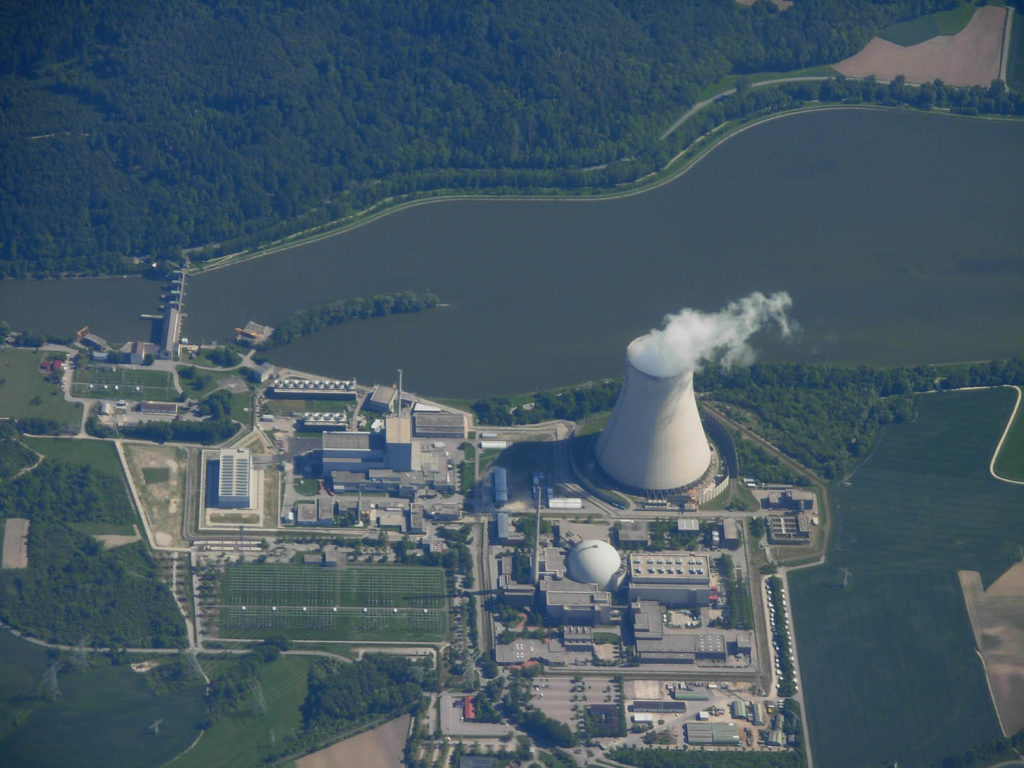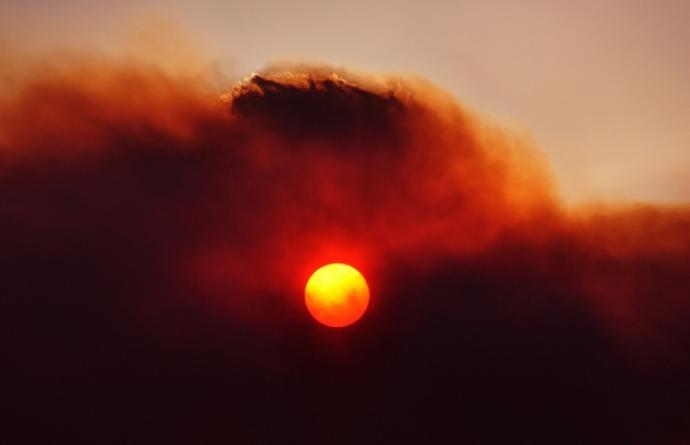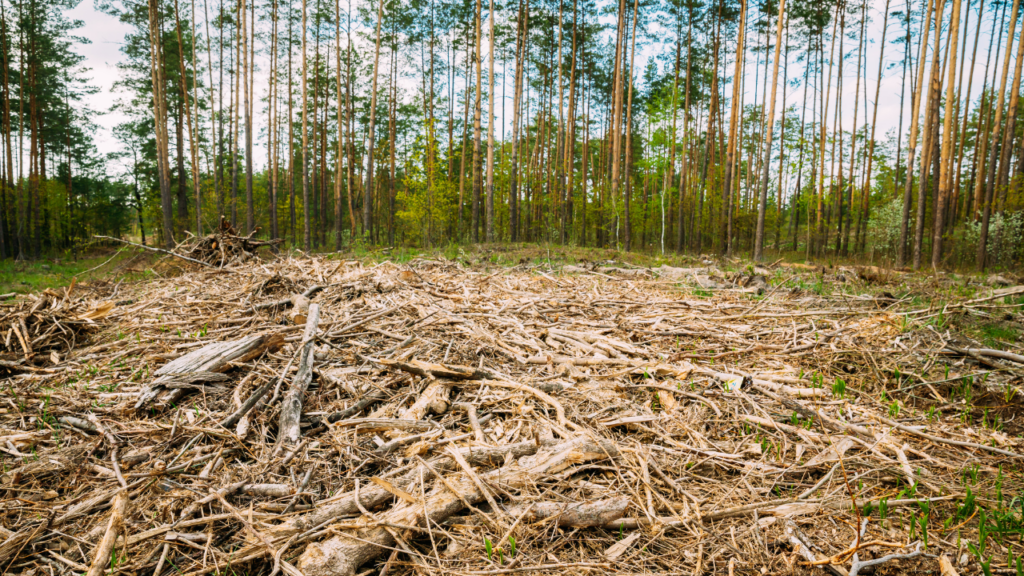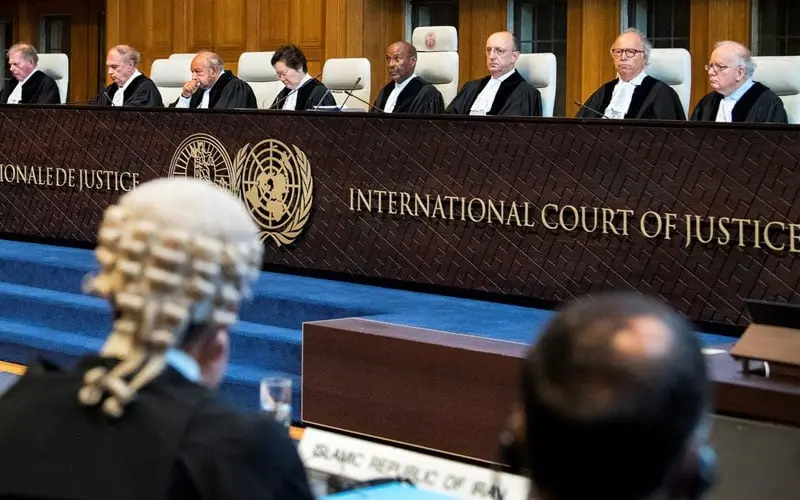METHANE LEVELS ARE now the highest they’ve been in 800,000 years–and Australia is turbocharging global warming says the Climate Council in a new report released today.
Dangerously Overlooked: Why we need to talk about methane, exposes the critical role of methane, a potent greenhouse gas, that is fuelling the climate crisis at an unprecedented rate.
Climate Councillor Professor Lesley Hughes said: “Methane is a climate supercharger and the evil bridesmaid of greenhouse gases. It traps 85 times more heat than carbon dioxide over a 20-year period, turbocharging the global warming that is driving extreme events like heatwaves, bushfires, and floods.”
The report’s findings make the urgency to act clear:
- Methane is responsible for 25-30% of global warming since pre-industrial times. Its rapid increase in the atmosphere, now at its highest level in 800,000 years, is a direct result of human activities.
- Australia’s contribution to methane pollution is significant.With nearly four million tonnes of methane produced annually, mainly from agriculture (52%) and fossil fuel mining (25%). Further, the International Energy Agency estimates that Australia could be under-reporting methane emissions from coal and gas by as much as 60%.
- Despite signing the Global Methane Pledge to cut global methane emissions by at least 30% by 2030, Australia lacks a national plan to contribute to this commitment. Immediate action is needed to set and meet methane reduction targets.
Professor Hughes said: “Australia is alarmingly overrepresented in global methane emissions. We’re among the world’s biggest methane polluters, producing four to five times more methane per person than the global average.
“To combat methane emissions in agriculture, Australia must escalate research into reducing the climate impacts of meat and dairy production. We need to incentivise farmers to cut methane emissions, promote sustainable protein alternatives and give consumers more information on the environmental effects of food choices.”
Climate Council Head of Policy and Advocacy Dr Jennifer Rayner said: “Australia’s fossil fuel polluters are already responsible for a massive share of our methane, and they may be under-reporting this by as much as 60 per cent. We need to hold these corporations accountable for dealing with this pollution.
“That means ending the approval of new coal and gas projects and requiring existing high-polluting mines and wells to properly measure, report and reduce methane emissions as a condition of continued operation. We cannot ignore methane in our battle to prevent catastrophic climate change, and the coal and gas sector is the fastest and easiest place to start cutting it.
“Professor Hughes said: “The Albanese Government has signed up to the Global Methane Pledge to slash global methane emissions by 30 per cent by 2030. But a promise is not a plan. We need to establish clear national targets for methane reduction, aligned with the pledge and the 1.5°C goal of the Paris Agreement.”
For interviews please contact George Hyde on 0431 330 919 or george.hyde@climatecounil.org.au, or
Jacqui Street on 0498 188 528 or jacqui.street@climatecouncil.org.au or
the Climate Council media team on media@climatecouncil.org.au or call 0485 863 063.
The Climate Council is Australia’s leading community-funded climate change communications organisation. We provide authoritative, expert and evidence-based advice on climate change to journalists, policymakers, and the wider Australian community.
For further information, go to: climatecouncil.org.au
Or follow us on social media: facebook.com/climatecouncil and twitter.com/climatecouncil

